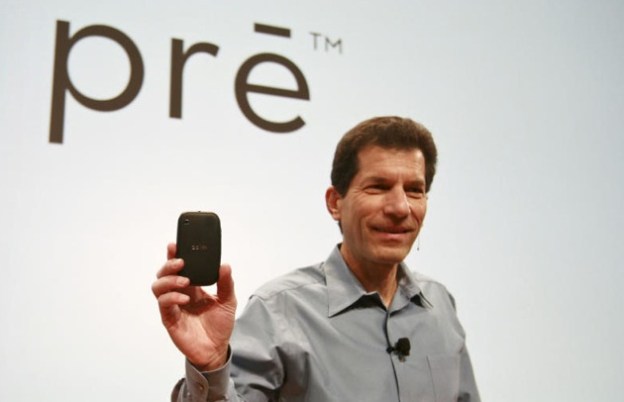
After disappointing initial reviews (and possibly sales) of its webOS TouchPad tablet, HP has decided to shake things up, moving the former CEO of Palm and current head of webOS, Jon Rubinstein, into its Personal Systems Group and replacing him with Stephen DeWitt, current head of the PSG. The Personal Systems Group is a fancy name for HP’s PC & digital devices department in the Americas, which works on PCs, connected devices like DVRs, and PC accessories. Rubinstein will now be senior VP of product innovation and work on a variety of products, reports BizJournals.
It is unknown if Rubinstein has been pushing for less of a managerial role in webOS, but it seems unlikely that he’d choose to leave the mobile OS that he helped create while leading Palm. Given HP’s public statements about integrating webOS into all of its products and possibly licensing it, Rubinstein’s move to the PC and connected devices department could be a positive sign. Either that, or the unit could be struggling to implement the smartphone OS into its products.
Hopefully this will be a good move for Palm phones and tablets. Despite lukewarm reviews for the TouchPad, we’ve always seen promise in the software behind the Palm Pre, HP Veer, and other webOS devices. The problem seems to be coupling that unique software with hardware that is equally compelling. Perhaps Stephen DeWitt can help to streamline the design of the product lineup.
Stephen DiFranco will become the new PSG general manager. As demanded by bureaucracy, all three gentlemen will report to Todd Bradley, executive VP of PSG.


